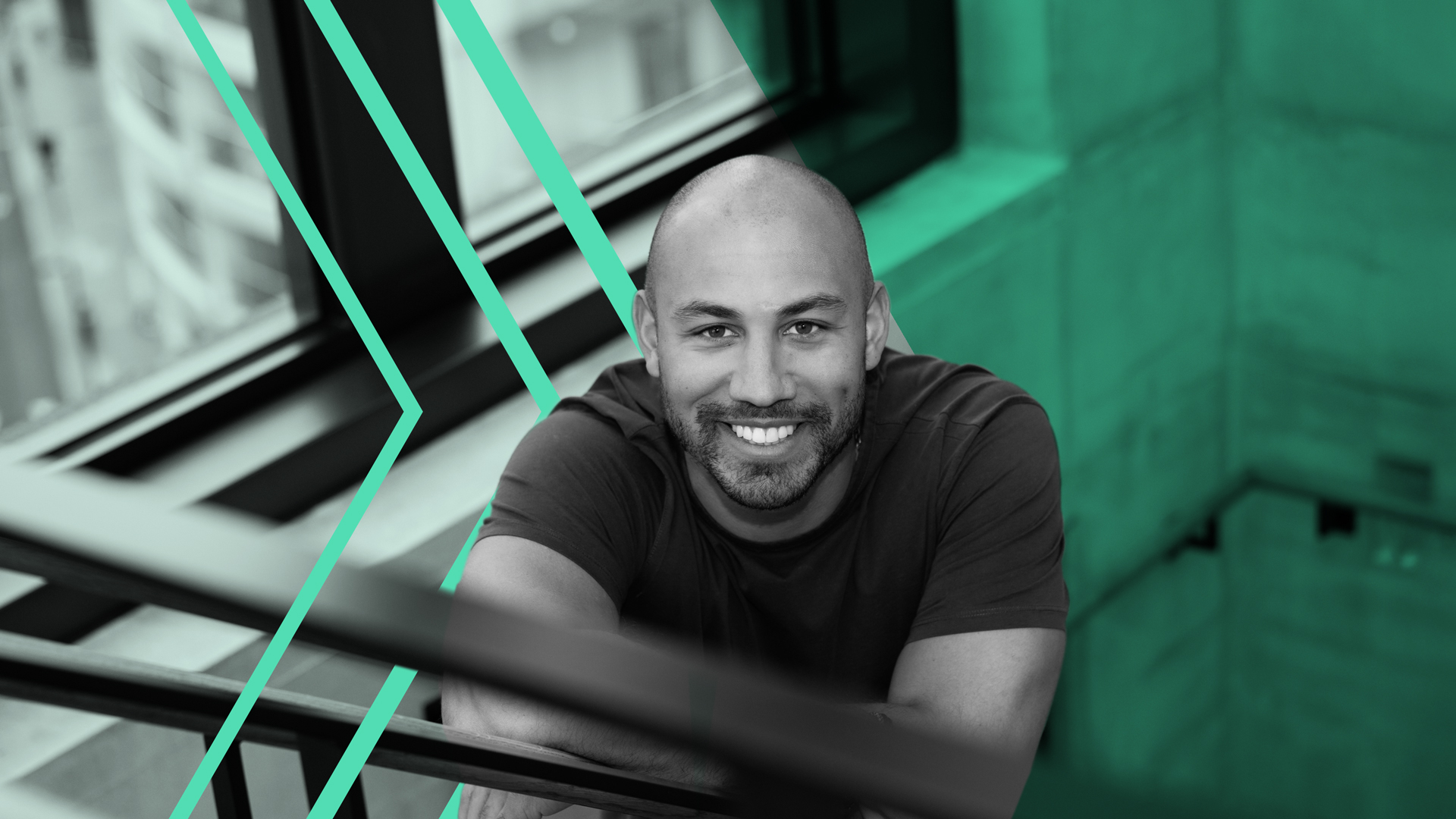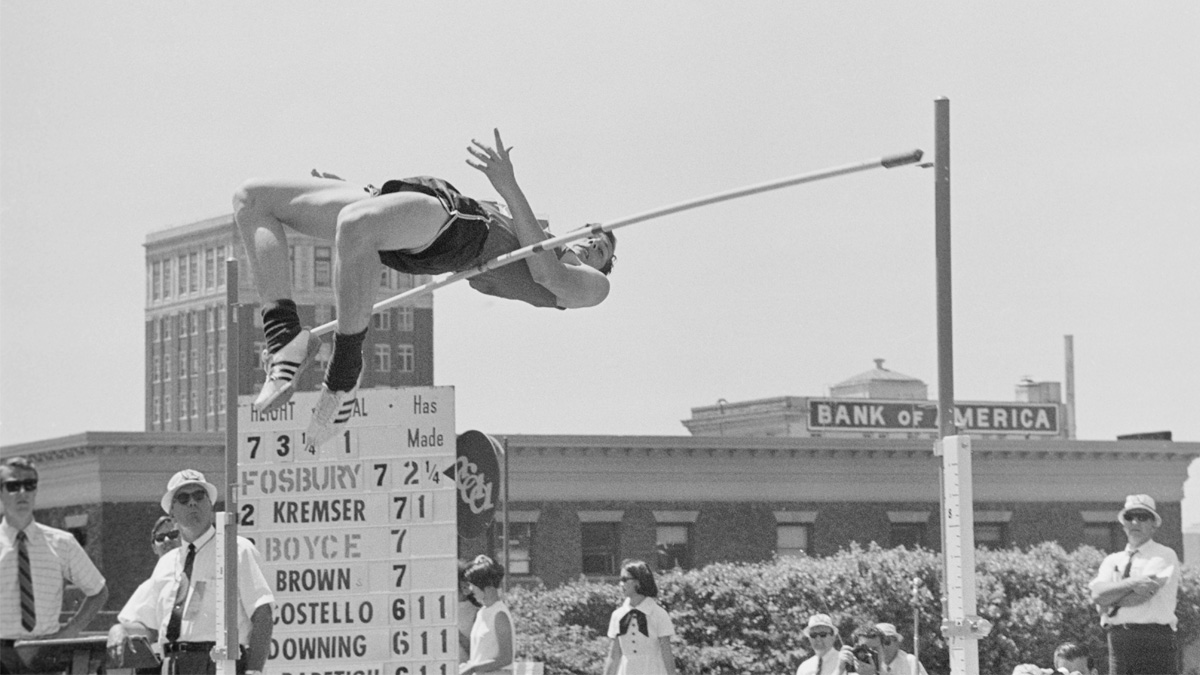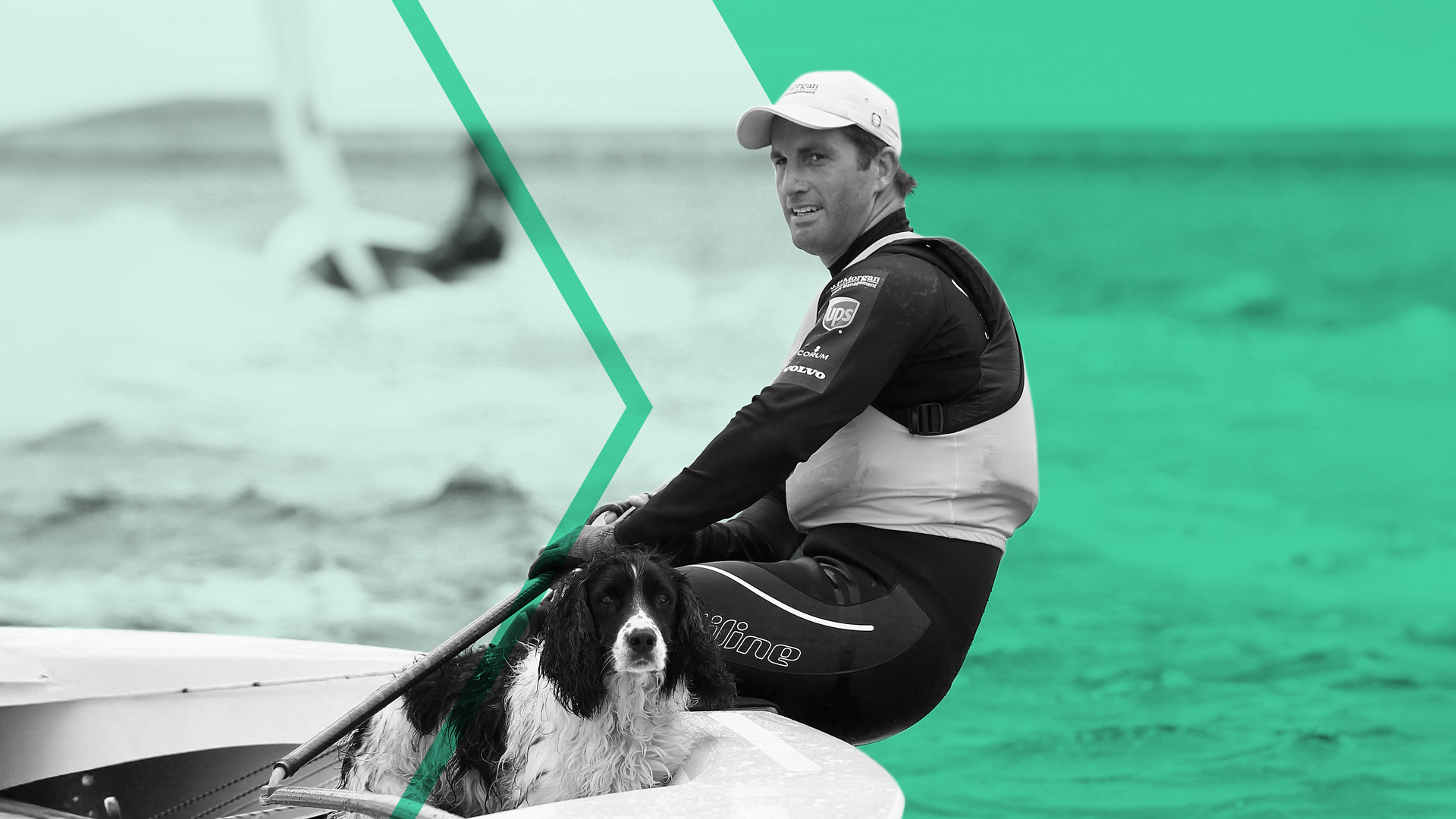
We’re not long into our conversation before international tennis player turned tech founder Oliver Kent-Braham delivers his first ace. “Sometimes,” beams the elder of the 33-year-old twins behind the £1.5bn car insurer Marshmallow, “you need to get comfortable being uncomfortable.”
Meeting at this fast-growing unicorn’s offices a few moments from London’s Silicon Roundabout tech hub, we have quickly landed upon one of the greatest dilemmas many ambitious founders face. When you’re trying to grow a company at the pace of a Djokovic serve, how much does the bottom line really matter?
“In some markets, you will need to be exceptionally aggressive when it comes to attracting customers,” Kent-Braham explains. “You may be building the kind of software that can serve a lot of people, but you just don’t have the customers yet.
“That may mean that you run at a big loss because that monetisation will come later. Some of the biggest business success stories of the past 20 or 30 years haven’t been profitable for a long, long time.”
Uber took 14 years to break even. Marshmallow, which Kent-Braham launched with his brother Alexander and co-founder David Goaté in 2017, got there in half the time. The next set of accounts will show a profit, I’m told.
When the trio cheekily – and cheaply – started their venture from the lobby of a Virgin Active gym near London’s Embankment Tube station did they set out to build a big insurance player, one that could shake up the somewhat fusty world of no-claims bonuses and third-party, fire and theft?
“We wanted to build something big and impactful, but really we had identified a problem. We thought someone should go and solve that issue and why shouldn’t that be us?”
That market failure was the high price people who move to the UK from overseas often pay for car insurance. Premiums for these motorists were often 50 per cent higher than for British-born drivers. Marshmallow’s founders felt that more sophisticated profiling by state-of-the-art IT would make it possible to price these groups more effectively, potentially offering significant savings.
“We also had a belief this customer group would grow because the fertility rate within the UK is low. There is an increasing retired population and a decreasing working population, so it looked like the UK would try to solve that problem in part by migration.”
What followed was not an overnight success story. The brothers waited 18 months to sell their first insurance policy and it would be another eight before alerts reporting another customer sign-up lost their novelty.
Turnover jumped from £7.7m in 2019 to £37m in the following year, doubling to £79.3m for 2021. Attracting investment at an early stage – something many founders are wary of – was critical to Marshmallow’s success.
“The companies that inspired us 10 years ago were those that tended to raise capital to grow,” Kent-Braham says. “To achieve scale as an insurer, you need lots of capital and so that was always going to be part of the equation."
Taking on investment, he stresses, does not necessarily mean losing control. “We believe founder-led, management-led companies, especially private ones, are in a position to outperform because they can be longer-term focused.”
Marshmallow’s investors include Passion Capital, Investec and Scor. The twins retain almost half of the shares. A fundraising in September 2021 secured a $1.25bn (£930m) valuation and unicorn status. Another investment round in April this year put a $2bn (£1.5bn) price tag on the company.
Rising sales help explain this year’s higher valuation. Revenues climbed to £184.1m in 2023, growth of 358.2 per cent over two years, sufficient to put Marshmallow into the top quarter of Business Leader’s Growth 500.
More than half of customers remain drivers who have moved to the UK from overseas, but the proportion of British-born motorists is rising. “These are normally people who have a bit less driving experience, lower credit scores and move around a lot – attributes that they share with our customer base.”
It’s not just Marshmallow’s customers that have similar attributes, of course. So, what is it like running a company with your identical twin? “Alexander and I have a very deep trust and understanding of each other. More than that, we really believe in the same mission for this company.”
Born to a Jamaican father and British mother, the siblings grew up in the affluent south London suburbs of Barnes, Richmond and Surbiton. They both attended the Surrey private school Reed’s, as did four-time Wimbledon semi-finalist Tim Henman.
By their mid-teens, the Kent-Brahams were both representing Great Britain at tennis. After sixth form, the pair headed to the University of the West of England in Bristol. Apart from a year at different companies, the twins have always worked together.
“Alexander and I are very similar,” Oliver chuckles. “So many companies fail because the founding team falls out. Alexander and I are very aligned for what we want to achieve here for a very long period.”
So how do they divide up their responsibilities? “I honestly see my job as making sure Alexander can be very focused internally,” the elder of the pair continues. “Alexander is very urgent, he’s a good manager, he’s very diligent. Anything that is more external I tend to pick up.”
This means Oliver concentrates on the outward-facing aspects of the business, such as working with the chief legal officer and chief finance officer. Alexander is more involved with product, software engineering and human resources.
Despite those delineations, Kent-Braham emphasises that “in fast-growing companies things need to change rapidly all the time”.
“We’ve only ever reorganised too late,” he says. “Changing the structure of the organisation, changing the reporting lines … it can’t make sense to have the same structure when you are 20 people as it does when you are 200. You either accept that things need to change or you are going to be a bit of a burden on a company. Be prepared to change things. If it’s wrong, you can always change it again. You should be proud whenever you’re changing things, it’s progress.”
This optimistic, resilient approach must have served the Kent-Brahams well on the tennis court over the years. Alexander still plays, while Oliver says he has been enjoying the fast-growing racquet sport padel. “With sport, tennis especially, you lose a lot. Sometimes you don’t have your best day, sometimes the other person is better than you. The next day, you still have to get up, go to training and play another match,” he says.
“That’s what life is like – and running a company too. You can still enjoy the process, even if you lose. The most successful people in history have been unsuccessful at things. Sport really teaches you to get up again after you’ve lost, but after a while you do come to see that people who work their hardest do the best. The world is not perfectly meritocratic but if you give it your all you have much better outcomes.”
Sounds like the ping of another ace.
Related and recommended

Sponsored content: As generative AI use surges, organisations must manage copyright and data risks through clear policies, licensing and responsible content use

Artificial intelligence can reconfigure and connect existing knowledge, but it can’t create something new on its own - that’s for people

Oliver Kent-Braham, one of the twins behind the fintech unicorn Marshmallow, applied his early success in tennis to building one of the UK’s fastest-growing companies

From Premier League glory to blockbuster boxing, these companies have all posted knockout growth over the past three years

